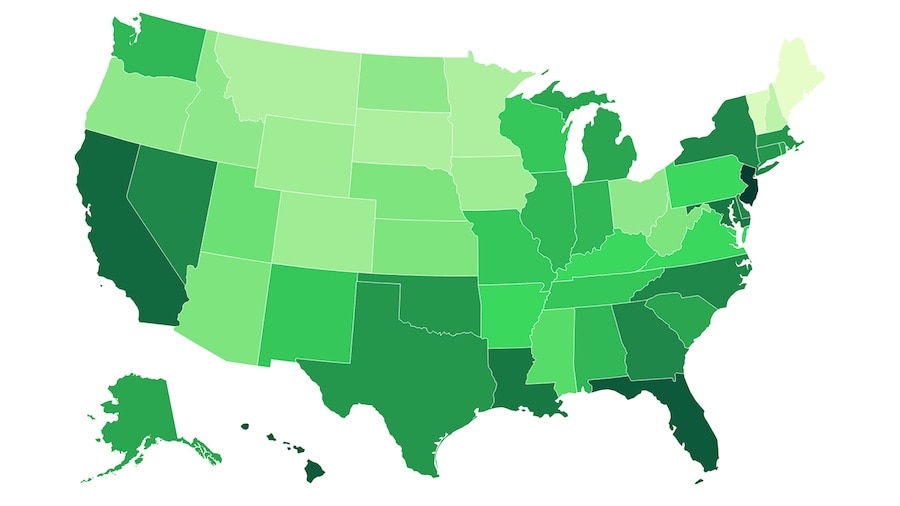Women’s History Month draws nationwide attention to reflect on the numerous and notable contributions of women in our society. With women-owned businesses now accounting for approximately 40% of US businesses, this moment offers an opportunity to celebrate how women contribute to our nation’s economy as entrepreneurs and highlight their struggles, often against inequities, in business ownership.
In a new survey commissioned by Intuit QuickBooks, insights show that women-owned businesses are more likely to experience cash flow and funding challenges despite effective management and high growth aspirations. This may explain why more women are forced to use their own money to fund their businesses.











